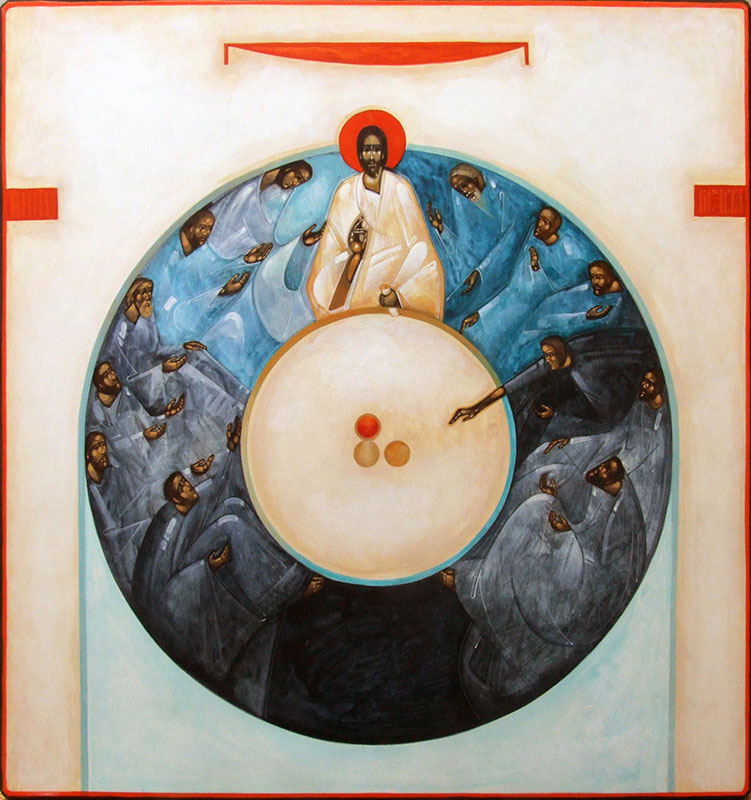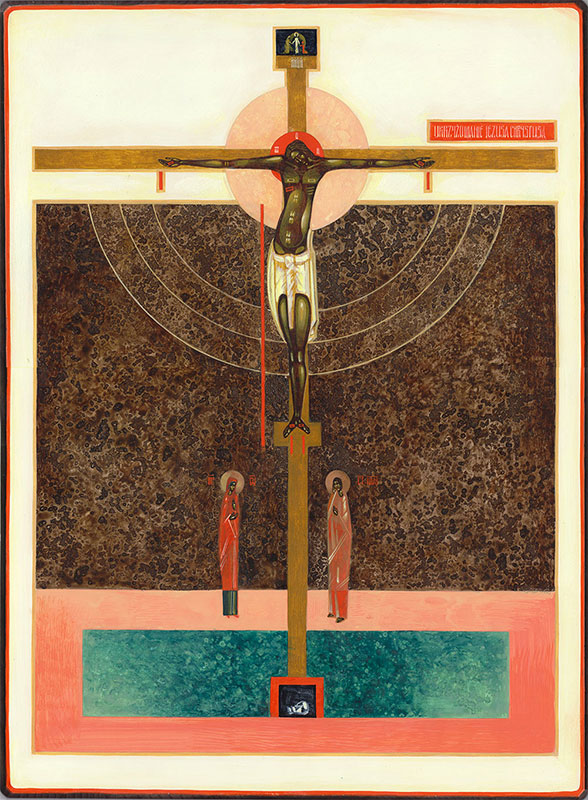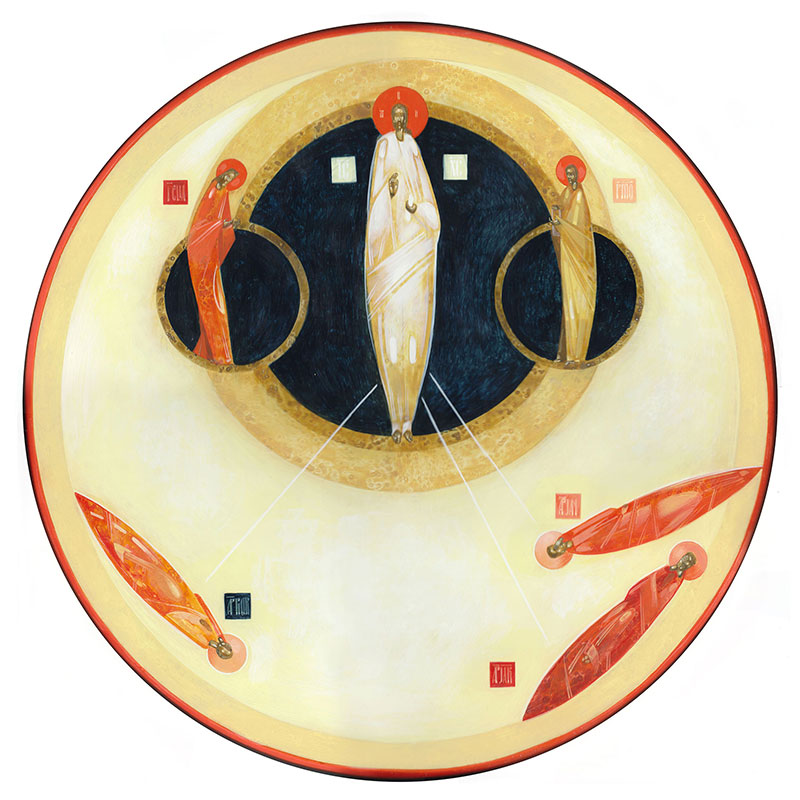
Unsinn
@anteruina
jetzt komme, feuer! / begierig sind wir, / zu schauen den tag...
Jünger: "The gift of the poet is stronger than the entire achievement of science. The world could live without science, but never without poetry." Jünger: "We will either be redeemed by the poets or by fire."
Jünger (in 1979): "Perhaps, towards the end of this century, we will distinguish between two classes of men: those who were educated by the television, & those who were educated by books."
Giotto's Last Judgement // Scene from Pasolini's Il Decameron:


Jünger: "The destruction of cultic systems does not erase religious desire. For this reason, cults of personality are particularly strong where societies have been subject to 'tabula rasa'. The gods are resurrected in Caesars, the priests in bigwigs."
Jünger: "There is a kind of dying that is worse than death; it happens when a beloved person kills the image of us that lived inside him. We are extinguished in that person. This can occur because of dark emanations that we convey. The blossoms close quietly before our eyes."
Goethe: "When young, one is confident to be able to build palaces for mankind, but when the time comes you often have your hands full just to be able to remove people's trash."
Goethe: "Voluntary dependence is the most beautiful condition, & only possible when in love." Hegel:

Schmitt: "Space is paradise; time is hell." Jünger: "All rhythmic things are weapons against time." Jünger: "The destruction of time is one of the tasks of both art & love."
Jünger: "The child lives in a fairy-tale, the boy in myth, the adult in history, & the old man in an increasingly spiritualized world. The circle closes: the child steps out of the unseparated world & enters appearance, while the old man retreats from mere appearance."
Goethe writes that to every age corresponds a philosophy: the child is a realist (believes in the true existence of apples & pears), the boy an idealist (driven by passions), the adult a skeptic (careful because of responsibility), & the old man a mystic (calmed by His presence).
Jünger: "Two sixteen-year-olds in their room or on a walk getting excited about an author they have just discovered is more important than the meeting of a writer's association or an academic conference."
Goethe: "Nothing shows a man's character more than what he laughs at."



























